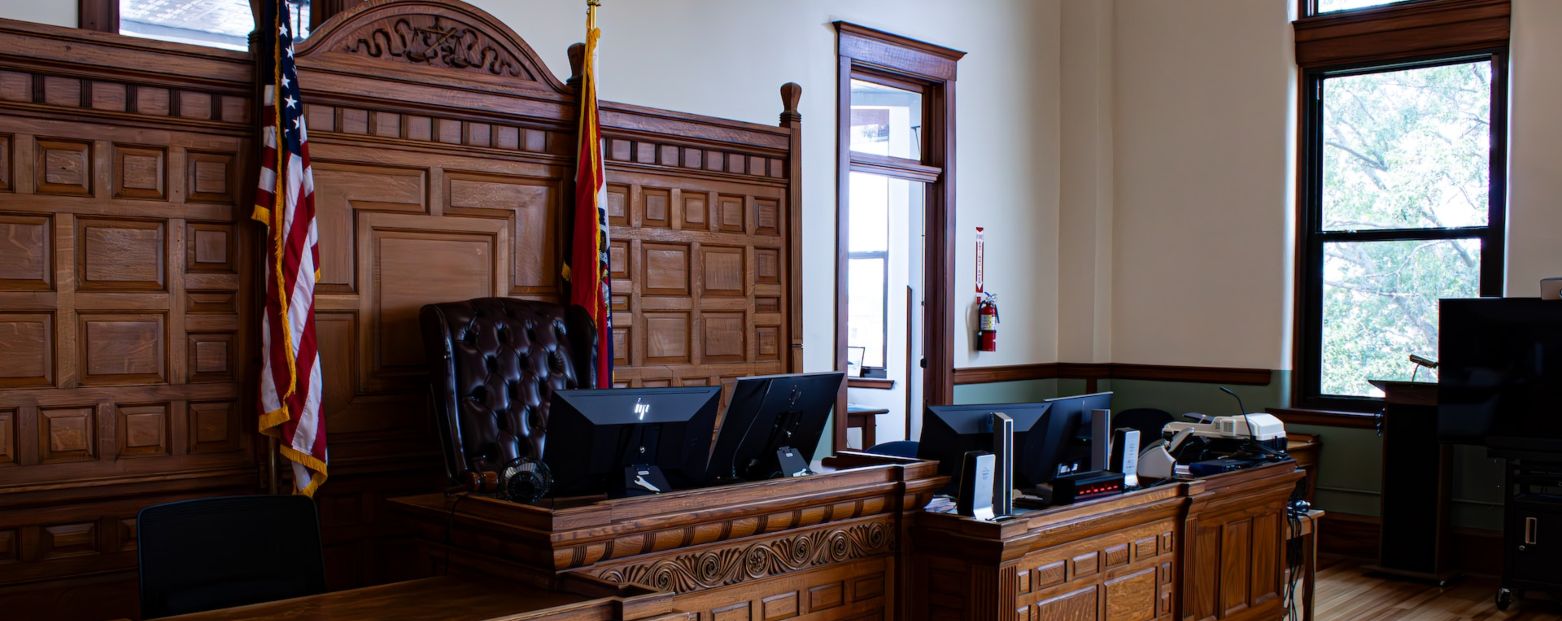Colorado Divorce vs Legal Separation
Having been a lawyer for over 20 years and practicing extensively in the area of family law for most of that time, one of the most common questions I get is what’s the difference between a legal separation case and a divorce?
SHORT ANSWER: NOT MUCH
LONG ANSWER: In my opinion, it rarely makes sense to pursue a decree of legal separation in Colorado as opposed to seeking a decree of dissolution of marriage (technical term for divorce). So my general suggestion is why bother getting a legal separation.
The process is the same in both cases. You file a petition and make certain financial disclosures. Issues of custody, child support, division of assets/debts and spousal maintenance (alimony) are in play in both types of cases. In essence, the only meaningful difference between going through a legal separation vs divorce is that at the end of the legal separation case you will have gone through everything necessary to get divorced but you will still be married. This also means that legal separation cases are generally just as expensive as getting divorced.
There are, of course, a couple of potential exceptions that can make obtaining a legal separation preferable to getting divorced:
- Religious reasons: some people choose not to get divorced for religious reasons but need to formally break ties with their spouse. Simple as that.
- Personal reasons: In some cases, the parties are still very much in love but life circumstances have led one or both to conclude that they need to legally part ways, at least temporarily. Example: Husband has a substance abuse problem and has repeatedly depleted marital assets as a result. Thus, Wife, though she loves her husband, decides that her future financial security is in jeopardy without an official legal separation. While there may be hope of a subsequent reconciliation, it is prudent for Wife to seek a legal separation though she does not want to officially end the marriage.
- Health Insurance: In some cases, health insurance through a spouse will remain in place so long as there is not a divorce. Thus, if a spouse has good health insurance coverage through his/her husband or wife and also has serious chronic health issues, it can be highly beneficial to the generally ill person to remain technically married.
**Caveat: Some insurers don’t allow coverage to continue in the event of a decree of legal separation.
Clearly, whether it makes sense to pursue a legal separation or divorce depends largely on the specific circumstances of your case. As with all legal issues, it makes sense to have a consultation with a well-qualified attorney to determine the best course of action for you. Your specific circumstances will likely play a meaningful role in determining which option is best for you.
OF NOTE, if you do obtain a decree of legal separation, it is relatively easy to convert that decree to a dissolution of marriage decree after the legal separation is completed. Colorado law requires that you wait at least six months after the legal separation decree is issued before asking for it to, in essence, become a divorce decree. Once that six month waiting period has passed, you simply file a motion with the court requesting that the decree be modified to a divorce decree.
ABOUT THE AUTHOR: ©John L. Cyboron. John Cyboron has been practicing law since 1996 and has lived in Colorado Springs since 1997. He practices extensively in Family Law throughout Colorado. He has been married for 20 years and has three children. When he is not working tirelessly for his clients, he enjoys, cycling, playing hockey, golf and tennis.

